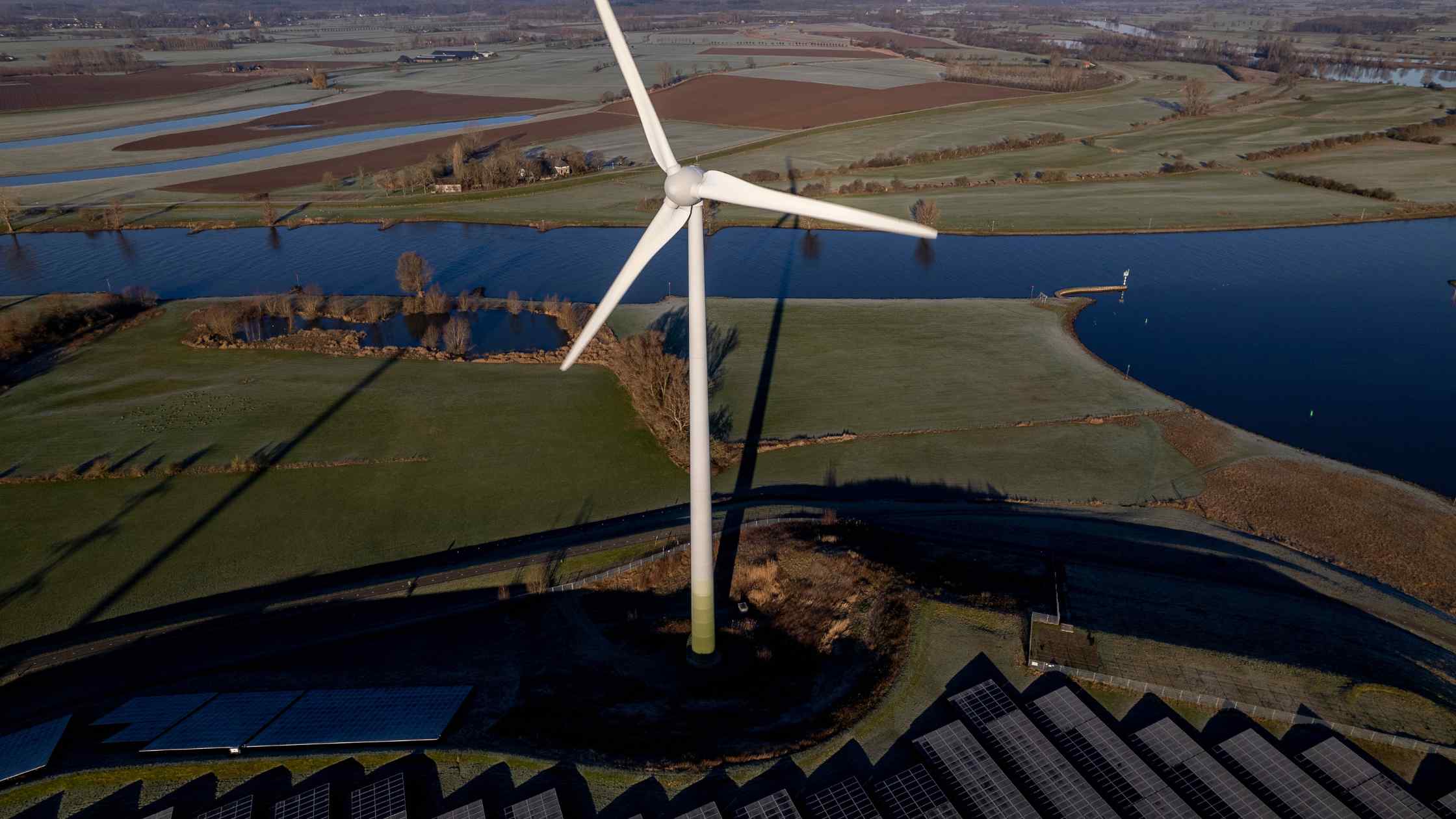
Exploring Modern Sustainability: Insights from Sasa Bozic at the Circular Cities Summit 2.0
Circular Cities Summit 2.0 took place on the 11th and 12th of September 2024 in Dubai, building upon the huge success of the first summit in Singapore. This year, the theme was circular design and planning integration. Discussions on the integration of circular design principles into urban planning to tackle urgent environmental challenges, including extreme weather, traffic congestion, severe air pollution, and issues with thermal comfort took center stage.
Industry leaders, dignitaries, and keynote speakers engaged in conversations on circular city innovation, outlining the framework to transform urban areas into sustainable and zero-waste environments.
In the previous edition, I shared insights from my interview with Dr. Ali Al Jassim, Mr. Damian Tang, and Ar. Peter J. Kindel. Today, I’ll be sharing insights and key highlights from my interview with Sasa Bozic. She is an amazing Author, who has just launched her fourth book. She is also a Social Sustainability Adviser, the Founder & CEO of Sofia Academy, and so much more.
Sasa Bozic: From Marketing Director to Sustainability Advocate
Originally from Slovenia, Sasa Bozic had a successful career in the corporate world as a Marketing Director. However, she reached a point of exhaustion despite her achievements. She realized that something deeper was missing. She responded to her inner calling and decided to step away from her career.
“I was really honest with myself. I said I’m going to follow my heart and try to find out what I would do if I could do anything.”
She explored coaching, psychology, and therapy. She was driven by the desire to understand human connection and how society has lost touch with the environment.
As a part of the scout organization when she was a child, she spent her summers in nature, where she shared stories around the campfire. This rekindled her connection with nature. It became the foundation for a new project – spending a year living with indigenous tribes around the world.
Journey with 11 Indigenous Tribes: Lessons on Sustainable Living
Eventually, Sasa embarked on a remarkable journey. She visited 11 indigenous tribes across 11 different countries. She wished to learn from these communities and reconnect with the core principles of sustainable living. She gathered profound insights, especially the ones related to the deep connection indigenous people share with the environment and nature.
For these communities, nature is an essential part of life.
“You know, for them, nature is everything. It’s grocery, it’s pharmacy. They are self-sustaining.”
They don’t rely on modern-day conveniences.
Sasa highlighted that these tribes have a remarkable ability to survive without luxuries, achieving a true sense of freedom. Most of the modern world would take this for granted.
One of the most important lessons for Sasa was the detachment from modern dependencies and technology. These Indigenous tribes maintained three core values, including the following:
- Community living
- Respect for elders
- Sacredness of nature
Sasa believes these values can act as a model for more sustainable and nature-conscious living in corporate environments and cities.
Know Thyself: More Than a Personal Diary & a Tool for Self-Navigation
The experiences Sasa shared with these indigenous tribes transformed her perspective on life. It also led her to question how to integrate these ancient values into modern corporate settings.
In the interview, Sasa highlighted that these tribes focus on authenticity, inclusion, and respect. This has great value in today’s world, especially in the corporate environment.
“We lost a human connection to our own self… So, that’s why, first and foremost, just come back to self.”
Sasa emphasized that true personal awareness is the first step to creating a more integral community within corporate spaces.
Know Thyself – Her book is a workbook designed to help you reconnect with your character strengths. It’s a process inspired by the time she has spent with the tribes.
She structured these books in a way to help you navigate your personal journey. The main book shares personal stories, while the workbook offers exercises based on character strengths associated with different tribes.
You can choose to read the books in any order and focus on the sections that resonate most with you. Each chapter in the workbook starts with a prompt, inviting you to explore a particular character strength and learn from Sasa’s experiences with the Maasai in Africa.
In the interview, she also shared how each tribe she has visited had its own unique value system. However, they were all united by a deep connection to personal identity. In Australia, she learned about authenticity, while in Bali, the focus was on respect. Similarly, diversity and inclusion were core values in India.
Sasa believes you can better understand yourself and others in corporate settings by embracing these principles. Eventually, it’ll foster more compassionate and effective teamwork.
Sofia Academy: Empowering Corporate Well-being through the Tribes’ Wisdom
Sasa founded Sofia Academy by drawing on the wisdom of the tribes. It’s a platform that combines ancient practices with well-being programs in the corporate world.
One of the key offerings of the Sofia Academy is a 100-day team coaching program. It’s called ‘Living the Sofia Way’.
In the interview, Sasa explained that this program is based on the idea that it takes at least 3 months to change behaviors, according to psychology experts and professionals.
The program focuses on three aspects, including the following:
- Being: This phase is all about discovering individual strengths. Sasa refers to them as ‘superpowers’.
- Doing: You can learn to identify your strengths and appreciate the unique abilities of your colleagues through active listening and storytelling.
- Living: In the final phase of the program, the focus is on resilience. It teaches you how to remain grounded and adapt to different challenges in the corporate world.
Sasa also stressed the importance of perspective in building resilience.
“Events themselves don’t exist in isolation. It’s just an event. It’s about how you label it. Are you finding this terrible, or do you see it as super exciting?”
You can reduce stress and take control of your own lives by looking at challenges as opportunities.
Sasa established Sofia Academy with the aim of providing corporate employees with the tools they need to navigate the modern business environment. At the same time. They should be able to maintain a strong sense of well-being and self.
Challenges and Opportunities for Women in Leadership
Sasa is the President of the Women’s Indian Chamber of Commerce and Industry (WICCI) in Slovenia. Eventually, she actively advocates for women in leadership roles.
She reflected on the challenges faced by women today. She also acknowledged that significant change might seem far-fetched with the current generation, but expressed optimism for the future, especially with the emergence of Gen Z.
In the interview, she pointed out that the younger generation has different perspectives. She is also hopeful that this generational shift will create more inclusive and supportive work environments for women, regardless of whether or not they are in leadership roles.
She also emphasized that each individual should pursue their own path without waiting for external validation. She believes that breaking down barriers begins with authenticity and self-confidence.
The Future of Corporate Culture: Post-Pandemic Evolution
Corporate culture was put into sharp focus after the COVID-19 pandemic. Many organizations transformed how they operated in the wake of the crisis.
For Sasa, the key to a successful corporate culture after the pandemic lies in living your values.
“It’s about being transparent and truly living those values. People can sense if something is just a policy on paper or if it’s for real. There’s no negativity if your values aren’t the highest, but they must be aligned with your actions – walking the talk, of course.”
Authenticity is very important to create an environment where employees truly feel connected to their work.
In the interview, she explained that employees can quickly sense when values are not practiced but merely written down. It creates a sense of disconnect, which erodes loyalty and trust. It also causes employees to disengage from their roles and work.
Sasa emphasizes the fact that leaders should be transparent and align their values with their actions. It’ll help them foster loyalty and success in the long term.
“Those words on paper may sound nice, but you risk losing people because it feels like you’re selling a fairy tale. Behind the scenes, something entirely different might be happening.”
Indigenous Wisdom for Circular Cities and Sustainability
Sasa believes her journey with the indigenous tribes is a powerful resource for shaping sustainable cities. She also believes that the values she has learned from these communities, including harmony with nature and self-resilience, can significantly contribute to the development of circular cities.
Sasa acknowledges the fact that she does not hail from the urban planning industry. However, she still emphasizes the importance of empowering professionals to adopt more sustainable practices.
She explained most Indigenous communities want to be left alone to live as they have for so many years, without the intervention of modern societies and technology.
Here’s the response she got when she asked them if she could do anything for them in return for their time and wisdom.
“Ten out of eleven tribes said, ‘Yes, you can. You can ask everyone to stop helping us.’”
This perspective challenged Sasa’s own understanding of wealth and well-being. She noted that though most Indigenous people are living without modern conveniences, they appear happier than the ones living in the developed world.
The wisdom of these Indigenous tribes can inspire urban planners, developers, and corporate leaders to rethink their approach to sustainability. The focus should be on simplicity, self-reliance, and respect for nature over material wealth.
Watch Sasa Bozic’s full interview at the Circular Cities Summit 2.0 on our YouTube Channel.
Read the blog for insights and highlights of the interview with Dr. Ali Al Jassim, Mr. Damian Tang, and Ar. Peter J. Kindel at the Circular Cities Summit 2.0.
Subscribe to The Sustainable Brands Journal for more environmental news, stories, interviews, and updates.

Prachi, an accomplished Chief-Editor at The Sustainable Brands Journal, has 15+ years of experience in Europe, the Middle East, and India, managing 90+ global sustainable brands. She’s a prolific writer in sustainability, contributing to various publications. Prachi’s unwavering passion and expertise make her a recognized authority, driving positive change and inspiring a sustainable future.





